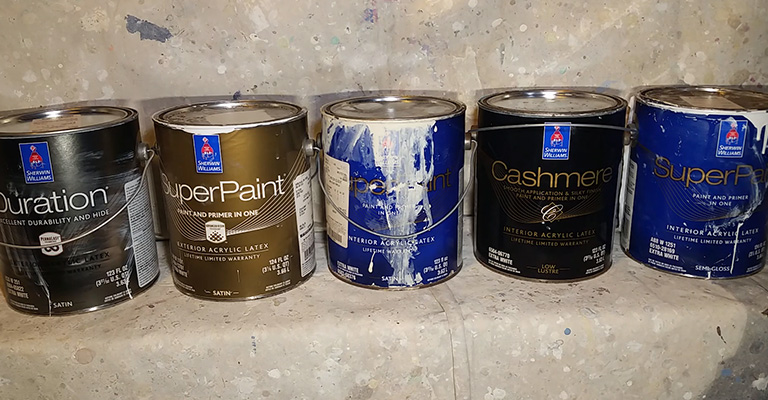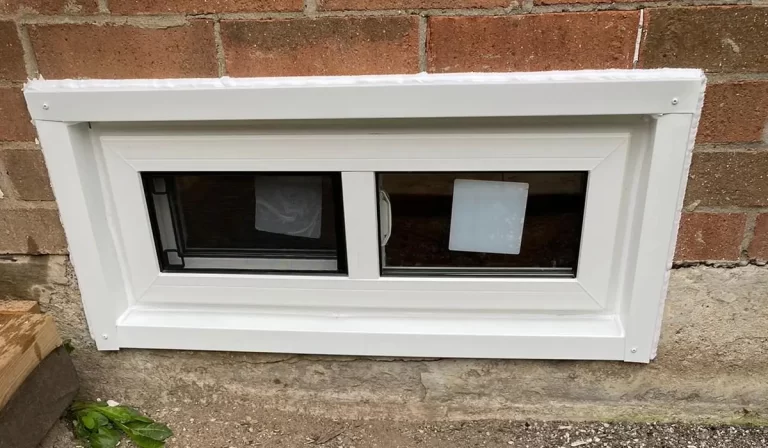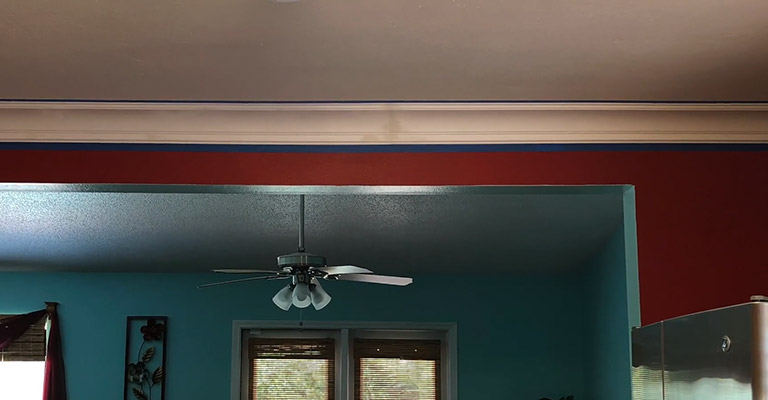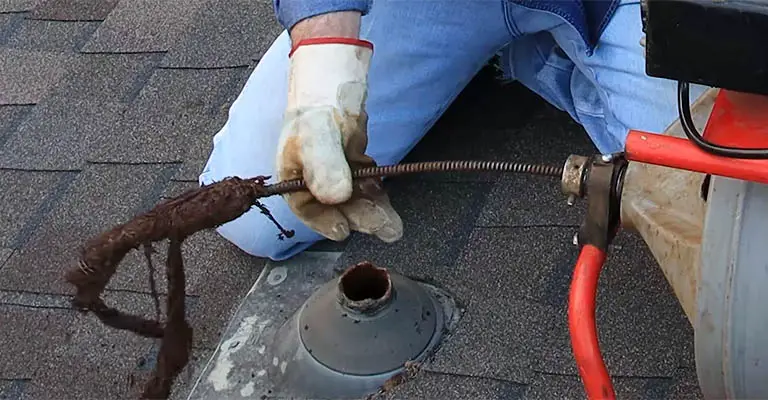No Hot Water in Apartment? Solving the Cold Shower Challenge

Experiencing a sudden loss of hot water in your apartment can be more than just inconvenient; it can disrupt your daily routine and comfort. This comprehensive guide is designed to help you navigate the chilly waters of troubleshooting and resolving this common problem, ensuring you can enjoy a warm shower again in no time.
Understanding the Causes of Hot Water Issues
Hot Water Heater Issues
The most common culprit is a malfunction in the building’s hot water heater. These issues can range from minor electrical problems to complete system failures.
Maintenance Work
Sometimes, routine or emergency maintenance on the plumbing system can temporarily interrupt hot water supply.
Seasonal Overload
During colder months, the demand for hot water increases, which can strain the system and lead to shortages.
Immediate Steps to Take
1. Check with Neighbors
Confirm if the issue is isolated to your apartment or affecting the entire building.
2. Inspect Your Faucet Settings
Ensure that the no-hot-water issue isn’t due to mistakenly turned knobs or settings.
3. Report the Issue
Notify your landlord or building management immediately. Most regions have legal requirements for landlords to provide hot water.
Your Rights as a Tenant
Legal Obligations
In many areas, landlords are legally required to provide access to hot water. Familiarize yourself with local tenant laws.
Reasonable Repair Time
While laws vary, generally, landlords must address essential services like hot water within a reasonable timeframe.
Rent Reduction or Compensation
In prolonged cases, you might be entitled to a reduction in rent or other compensations.
Temporary Solutions
Access to Alternate Facilities
Some buildings offer alternative showering facilities. Check if this is available.
Boiling Water
For essential needs like washing dishes, boiling water on the stove can be a temporary solution.
Gym Memberships
Consider a short-term gym membership for access to their shower facilities.
Preventing Future Issues
Regular Maintenance Checks
Encourage your landlord to conduct regular maintenance on the hot water system.
Conserving Hot Water
Be mindful of your hot water usage, especially during peak times.
Stay Informed
Keep up-to-date with any scheduled maintenance in your building that might affect hot water availability.
Expert Tips for Dealing with Hot Water Loss
Consult a Plumber
If you have permission from your landlord, getting a professional opinion can help diagnose the issue quickly.
Document Everything
Keep a record of all communications with your landlord about the hot water issue. This can be crucial if disputes arise.
Stay Proactive
Regularly follow up with your landlord or management to ensure the issue is being actively addressed.
Health and Safety Considerations
Preventing Illness
Hot water is essential for killing germs and bacteria, especially in communal living spaces.
Personal Hygiene
Lack of hot water can affect your daily hygiene routines, impacting your health and well-being.
When to Seek Legal Advice
Prolonged Delays
If your landlord is unresponsive or the problem persists for an unreasonable length of time, consulting a legal expert might be necessary.
Tenant Advocacy Groups
Seek out local tenant organizations for advice and support in dealing with negligent landlords.
Technological Solutions
Smart Thermostats for Water Heaters
These can provide efficient management and early warning of potential issues.
Automated Maintenance Requests
Some apartment complexes use online systems for quicker and more efficient maintenance requests and tracking.
FAQs
Q: How long can a landlord legally leave you without hot water?
A: This varies by region, but generally, landlords are expected to address such essential service issues within 24 to 48 hours.
Q: Can I withhold rent if I have no hot water?
A: In some jurisdictions, you may be allowed to withhold rent, but it’s essential to understand the legal implications and requirements before doing so.
Q: What can I do if my landlord is unresponsive?
A: Document all attempts to contact them and seek advice from a tenant advocacy group or legal professional.
Conclusion
Navigating the complexities of a cold water dilemma in your apartment can be challenging, especially when dealing with a gas heater or hot water tank. Common issues like gas leaks, thermostat malfunction, or problems with the pilot light can disrupt your daily routine, leaving you without the warmth and comfort of hot water. It’s crucial to approach these issues with caution, especially when dealing with gas appliances. In such cases, promptly contacting the utility company or a certified technician is essential to ensure safety and compliance with city regulations.
Understanding the workings of your unit’s main valve is also beneficial, as it can be a critical step in preventing further complications, especially in co-op housing situations. If you suspect your landlord turned off the heat or isn’t providing enough hot water, it’s important to communicate with other tenants to understand if the issue is widespread. This collective insight can be pivotal when addressing the most common reasons for hot water loss, such as issues with electric heaters or aging pipes.
As a tenant, you have the right to expect your landlord to fix these issues promptly, as per the law. Staying informed about your property’s heating system, whether it involves a gas heater or an electric hot water tank, and maintaining an ideal temperature, are key to ensuring your living space remains comfortable and habitable. Remember, your comfort and safety are paramount, and understanding your rights and responsibilities can help you navigate these challenges effectively.






